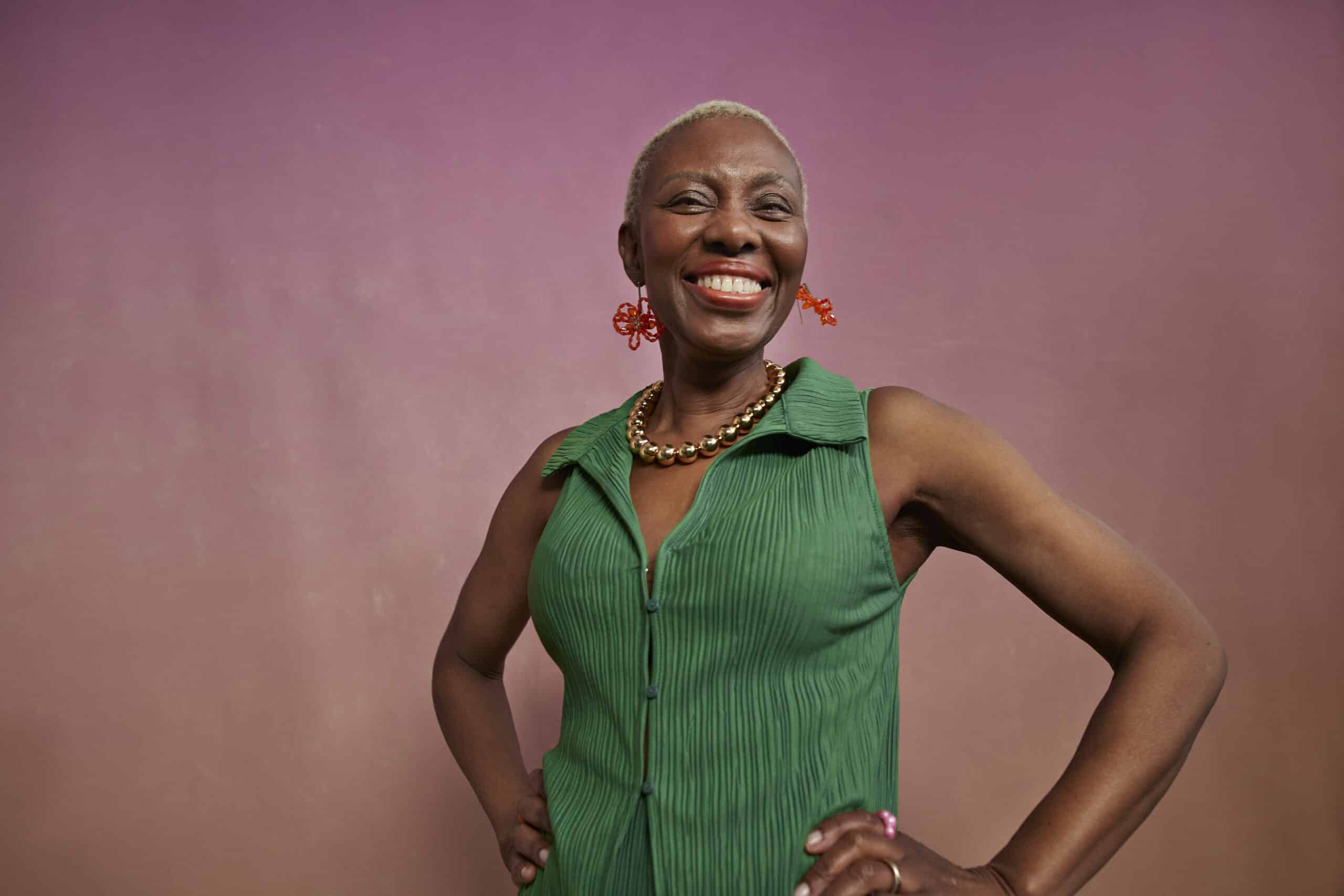
Exciting new information shared at the 2025 Revolutionizing Atopic Dermatitis (RAD) Conference shows that Dupixent (dupilumab) is just as helpful for adults and teenagers of color who have moderate to severe eczema, also known as atopic dermatitis (AD), as it is in Whites. This is a big step because it’s the first time we have clear study results for Dupixent in a large group of patients with darker skin tones. These findings confirm that Dupixent works well for different skin types and show that drug companies are serious about understanding how long-lasting diseases affect people of color.
Eczema is a skin condition that causes constant itching and rashes that can cover a lot of the body. It often leads to dry, cracked, painful skin. For Black people, eczema can look different. It may appear as hard, thick skin patches, very dry skin, more itching, and changes in their skin color where the rash is. The redness you see on lighter skin usually looks darker, gray, or purple on darker skin. Because it looks different, eczema in people of color can sometimes be misdiagnosed or thought to be less severe than it is, which can make it harder for them to get the right care.
The DISCOVER study was a special trial that looked at how well Dupixent worked and how safe it was in 120 patients with skin of color. These patients had Fitzpatrick skin types IV-VI, which include light brown to black skin. The group in the study was diverse, with 82% Black, 11% Asian, 2% American Indian/Alaska Native, and 5% Arab, Central American, or other participants. All patients received Dupixent every two weeks for 24 weeks.
The study showed very positive results:
- A large number of patients, 76%, saw their overall eczema severity improve by 75% or more within 24 weeks. Some even saw improvements in just two weeks.
- Over half (53%) felt a lot less itchy, with their itchiness score dropping significantly.
- Patients also had a 53% reduction in dark spots (post-inflammatory hyperpigmentation) that often appear after eczema flares.
- The problem of very dry skin bothered far fewer patients, dropping from 78% to just 18%.
The safety results of Dupixent in this study were generally similar to what doctors already knew about the medicine for skin conditions. Common side effects included headache, common cold symptoms, eczema, and eye irritation.
Dr. Andrew Alexis, a dermatology professor at Weill Cornell Medicine, pointed out in a press release why these findings are so important. He noted that eczema has a big impact on the quality of life for people with skin of color and that its unique features in darker skin can lead to wrong diagnoses or underestimating how bad the disease is. Dr. Alexis explained that the DISCOVER study not only showed Dupixent reduced eczema severity and itch but also improved specific concerns like skin discoloration and dryness. He added that these results help doctors understand eczema better in this group of patients who haven’t always received enough attention in research.
Why Black Patients in Clinical Trials Matter
These good results from the study highlight a very important idea: we need people from all backgrounds to take part in medical studies. For a long time, medical research hasn’t included enough people from different racial and ethnic groups, especially Black communities. When studies don’t include everyone, it can create several problems:
First, medicines might not work the same way for all people. Things like a person’s genes, how a disease shows up, and their environment can all affect how a medicine works. If a drug is tested mostly on one group, we might not know how well it works or how safe it is for other groups.
Second, if studies aren’t diverse, doctors and researchers might miss important ways that diseases affect certain groups. As Dr. Alexis stated, eczema looks different on darker skin. If trials don’t include these patients, these unique features might not be considered when developing treatments or giving medical advice.
Finally, having diverse people in studies helps build trust between medical experts and communities that have often been left out. When people see others like themselves in research, it helps them feel included and makes sure that new medical discoveries benefit everyone. Studies like DISCOVER, which specifically bring in and test treatments on diverse groups, are key to making healthcare fair for all.
Dupixent is a medicine that blocks signals from certain proteins (IL-4 and IL-13) that cause inflammation, which is a big part of eczema. Sanofi and Regeneron work together to develop Dupixent. It is approved in over 60 countries for treating various conditions, including eczema, asthma, and chronic sinus problems with nasal polyps. The findings from the DISCOVER study are a promising step, showing progress toward more inclusive and effective treatments for eczema for everyone.









